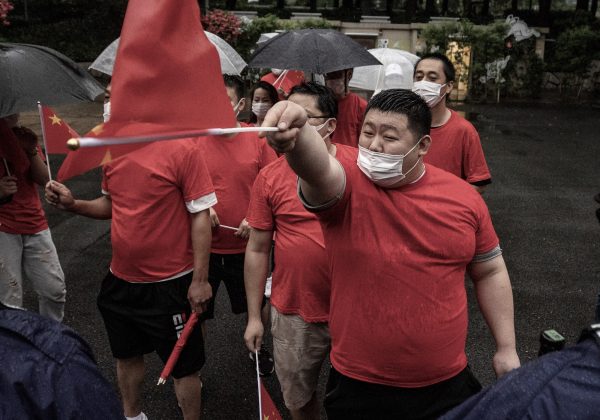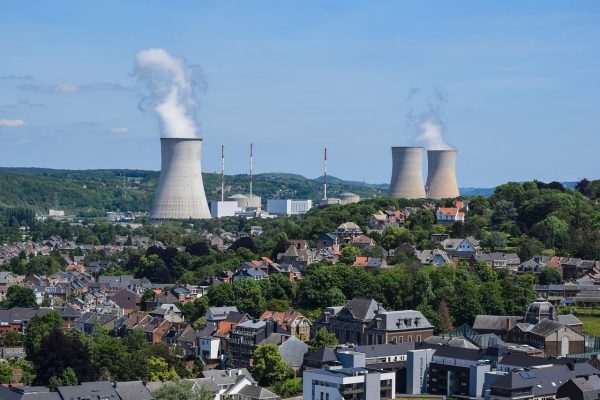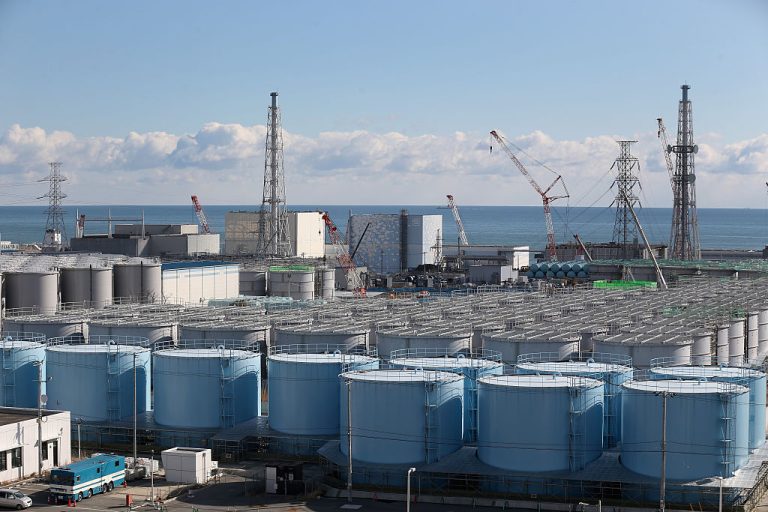On Aug. 24, Japanese authorities unveiled that the country had begun discharging treated wastewater from the Fukushima Daiichi Nuclear Power Plant — a decision that has sent rippled waves of dissent and stirred up nationalistic sentiments across China.
Japan’s wastewater plan involves releasing over 1.3 million tons of water containing trace amounts of radioactive tritium over the next 30 years. Despite the International Atomic Energy Agency (IAEA) giving its stamp of approval, outlining that the release aligns with the practices of other countries with nuclear facilities (including China), the decision has been met with fervent backlash from Chinese netizens.
The Fukushima plant experienced a catastrophic failure caused by a massive earthquake and subsequent tsunami in March 2011. The quake, one of the most powerful ever recorded, damaged the facility, while the tsunami that reached heights of up to 50 feet caused a shutdown of its active reactors — resulting in overheating and a significant release of radioactive material into the environment.
Following the announcement, China’s social media has become a hotspot for online vitriol directed at Japan, with droves of users blasting Japanese nationals and institutions with accusations of environmental recklessness and neglect.
Is China deflecting?
The online harassment — coupled with a surge in nationalist fervor — has highlighted the deep-seated, historical mistrust between the two nations. However, according to experts, the tritium levels in Fukushima’s wastewater are actually lower than those released by China’s own power plants.
Success
You are now signed up for our newsletter
Success
Check your email to complete sign up
One user on Weibo (a popular social media and blogging site in China), exemplified this ire, writing, “Get off the planet, Japanese devils!” The extreme reactions drew concerns from activists and political commentators who believed the backlash was a manifestation of the Chinese Communist Party’s (CCP) attempt to fan anti-Japanese nationalism, and divert public attention from domestic issues such as a waning economy and a bursting property bubble.

MORE ON CHINA’S FALTERING ECONOMY:
- As China’s Finances Worsen, Thug-like Local Governments Impose a ‘Fines Economy’
- Chasing Higher Interest Rates, Chinese Resort to ‘Special-forces’ Banking
- China Plans 1.5 Trillion in Financing to Prop Up Debt-Swamped Local Governments
Yang Haiying, an academic from Japan’s Shizuoka University, emphasized that the nuclear wastewater from Fukushima poses no biological threat — labeling the social media uproar as a “political ploy” created by the CCP. Yang’s statement was buttressed by data from the IAEA that showed tritium levels in Fukushima’s wastewater were “low and safe for oceanic discharge.”
Harassment across borders
In the aftermath of the announcement, Hiroshi Kohata, the mayor of Fukushima, reported that the city’s town hall had been inundated with around 200 such calls within 48 hours — a sentiment echoed by various institutions across the city. From restaurants and businesses to schools and other public venues, harassment calls and threats have been widespread, Kohata said.
According to other Japanese news reports, Japanese-language schools located in China’s cities of Qingdao and Suzhou were also harassed by people seen throwing stones and eggs in the aftermath of the announcement on Aug. 24 and Aug. 25.
Sun Weidong, vice foreign minister for the People’s Republic of China (PRC), also spurred the public on by calling on Japanese ambassador to China, Hideo Tarumi, to “formally address” Japan’s plans to release the wastewater into the Pacific Ocean.
Sun said Japan’s decision was akin to “putting self-interest above the long-term well-being of the people in the region and the world,” and described the ocean discharge as “extremely selfish and irresponsible.” He also made it clear that the PRC held “serious concerns and strong opposition” regarding the decision.
Mixed signals
Immediately following Japan’s announcement, China’s General Administration of Customs declared a complete ban on seafood imports from Japan covering both fish and shellfish; some Chinese netizens called for an even broader boycott of Japanese products. The move comes after China’s prior ban on food imports, specifically from Fukushima and its surrounding areas.
In 2022, China stood as the largest buyer of Japanese seafood, accounting for over 20 percent of Japan’s total maritime export value.
Despite the social media backlash and seafood ban, however, official response from China has been lukewarm. While acknowledging the “environmental concerns” raised by Chinese authorities, Beijing has deflected responsibility, claiming that they too have received similar harassment calls from Japanese nationals both in China and abroad.
Hiroyuki Namazu, Japan’s top regional diplomat, called upon the Chinese Embassy to officially intervene and take measures to de-escalate the situation. “We strongly urge the Chinese government to take appropriate measures, such as calling on its citizens to act calmly, and to take all possible measures to ensure the safety of Japanese residents in China and Japanese diplomatic missions in China,” Namazu said in a statement.

Meanwhile, the widespread criticism, some of which have even targeted hospitals, was noted by some Chinese citizens as being irrational and unjustified. Li Ning, a Japan-based Chinese national, lamented at the situation, sharing on social media, “A lot of people really are very irrational.”
But the fervor has far-reaching international implications. Wang Dai, vice chairman of the “Front for a Democratic China,” believes that the surge in harassment calls is exacerbating anti-Chinese sentiments in Japan.
Chinese state media have played a major role in escalating these emotions, experts pointed out. For instance, a poll on the official Weibo account of Xinhua, China’s state-run news agency, presented readers with three strongly-worded options to react to Japan’s wastewater plan. Such polls, and their subsequent removal, speak volumes about the controlled narrative being fed to Chinese people.
Nuclear physicist Li Jianmang, with a background in the China Institute of Atomic Energy, reassured users on Weibo that the treated radioactive wastewater “isn’t worth worrying about.” However, his post, like many others that provided a balanced viewpoint, was soon deleted and scrubbed from China’s tightly-controlled internet.















